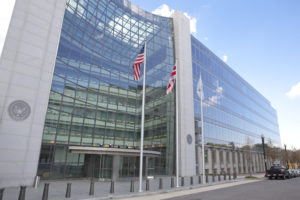In a year-end change of course, the SEC identified the minimum steps that broker-dealers must take when acting as custodians of digital asset securities.
By Stephen P. Wink, Naim Culhaci, Shaun Musuka, and Deric Behar
 On December 23, 2020, the US Securities and Exchange Commission (SEC) staff issued a statement (Custody of Digital Asset Securities by Special Purpose Broker-Dealers) (the Statement) outlining its position on how broker-dealers must operate when acting as custodians of digital asset securities[i] in order to avoid enforcement action. The SEC’s Statement, which will be in effect for five years, is intended to encourage innovation while providing both industry participants and the SEC the opportunity to develop best practices with respect to the custody of digital asset securities.
On December 23, 2020, the US Securities and Exchange Commission (SEC) staff issued a statement (Custody of Digital Asset Securities by Special Purpose Broker-Dealers) (the Statement) outlining its position on how broker-dealers must operate when acting as custodians of digital asset securities[i] in order to avoid enforcement action. The SEC’s Statement, which will be in effect for five years, is intended to encourage innovation while providing both industry participants and the SEC the opportunity to develop best practices with respect to the custody of digital asset securities.
 On July 22, 2020, the US Office of the Comptroller of the Currency (OCC) issued
On July 22, 2020, the US Office of the Comptroller of the Currency (OCC) issued